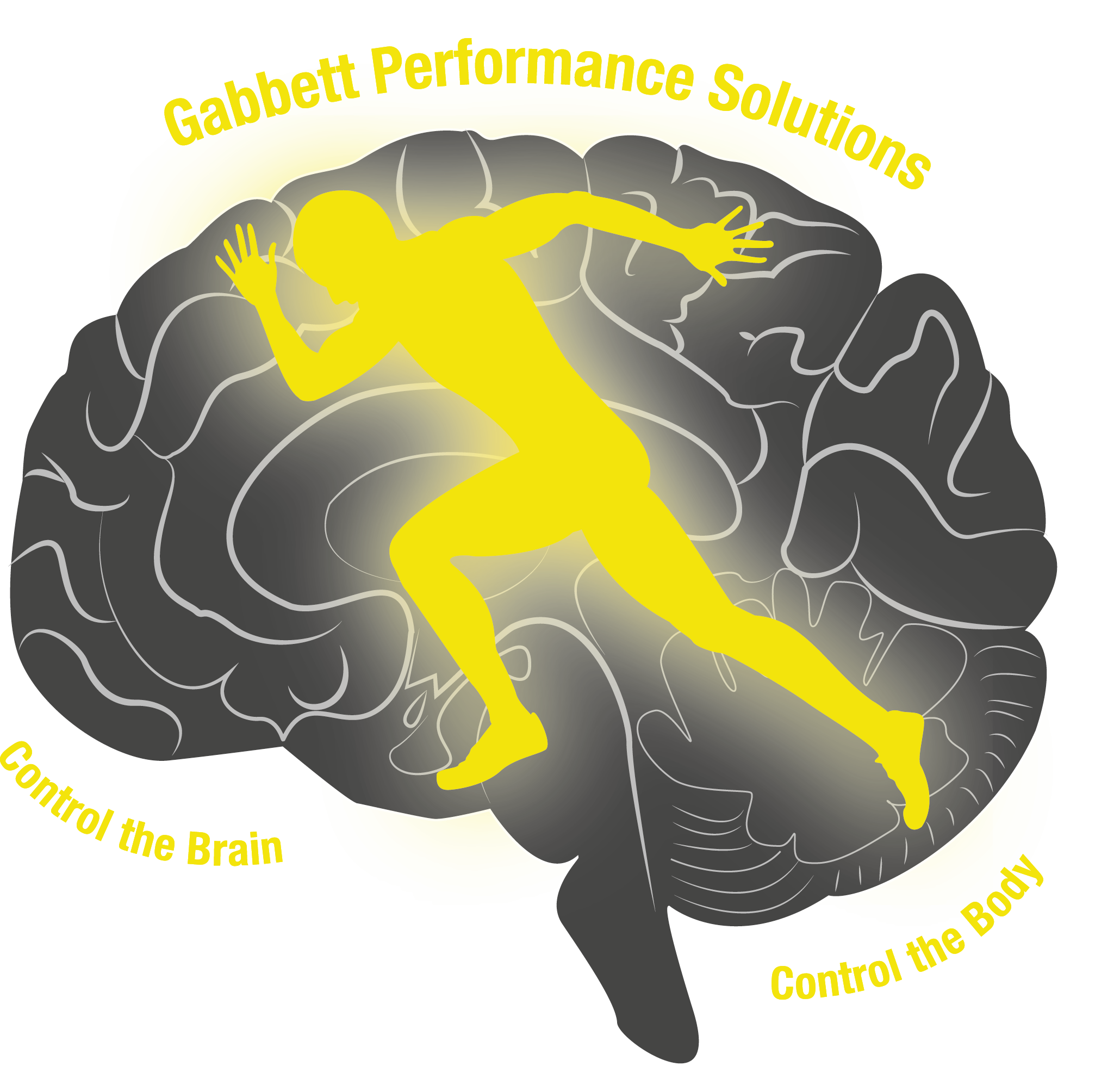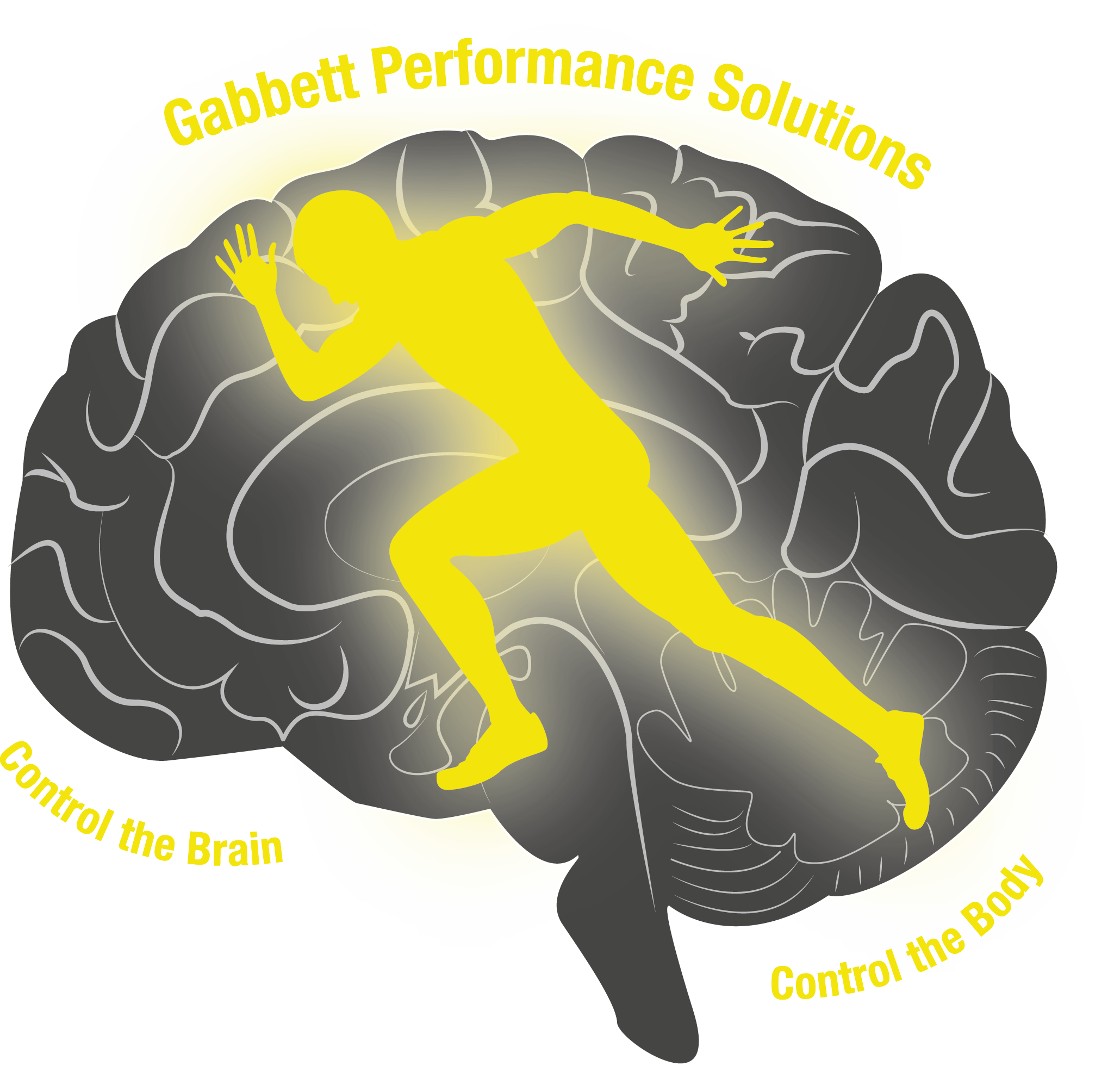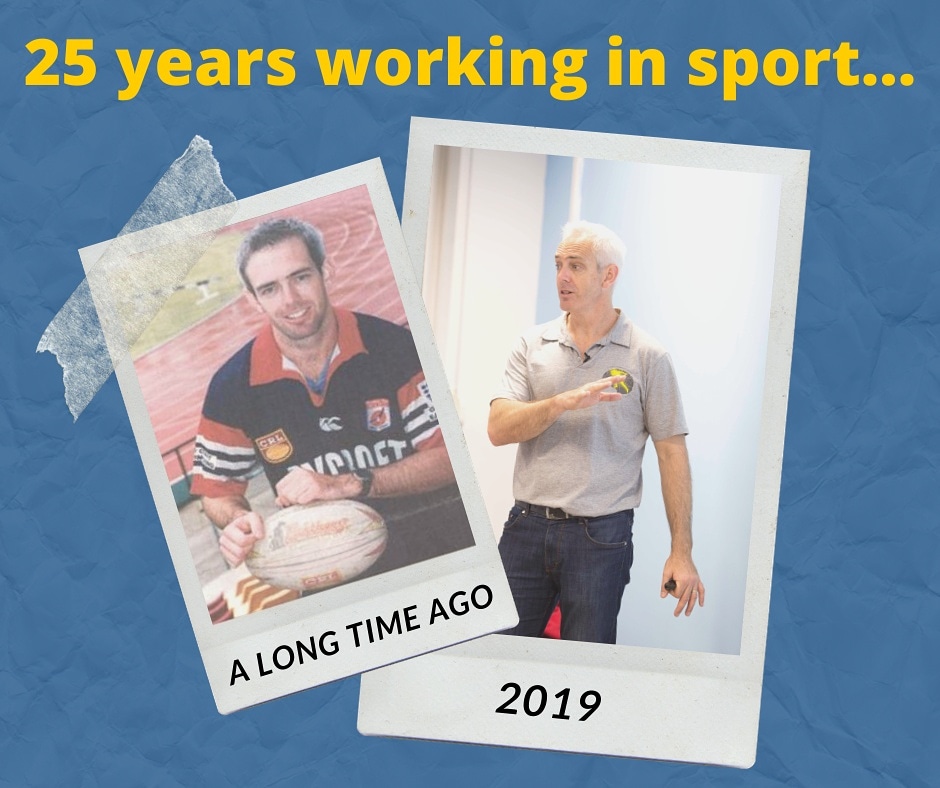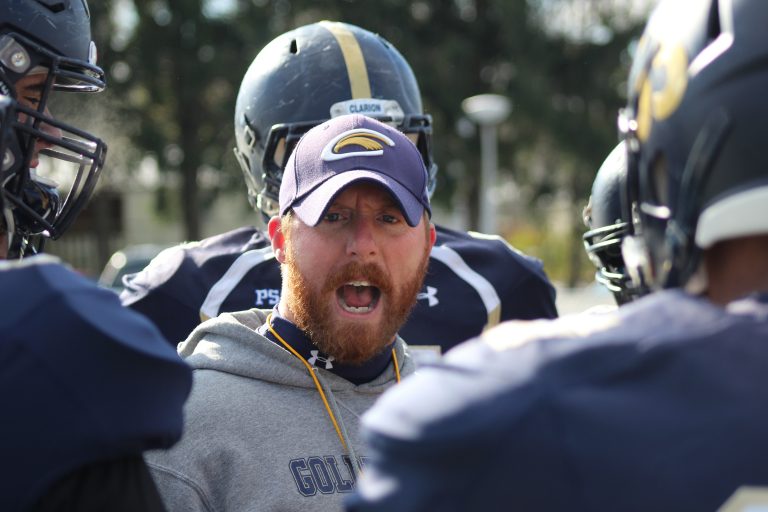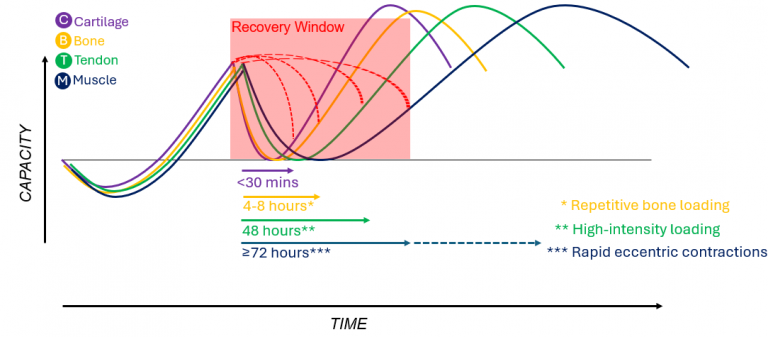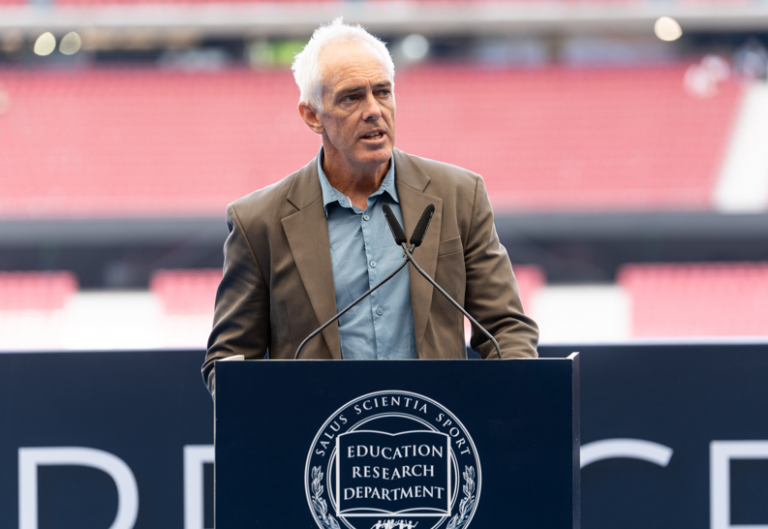In 1994, I obtained my first paid job in sport – a trainer for an amateur sporting organization. Spectators would pay a $2 entry fee to watch 3 games on a Saturday afternoon. I often joke that based on the quality of the games, it was the most overpriced entry fee to any sporting event anywhere in the world! Since those early days, where my family and I struggled to survive on the “salary” offered by that organization, I have been fortunate enough to work with high performance organizations from all over the world – and I firmly believe the “apprenticeship” performed in those early days was pivotal to the work I have done since. This year marks the 25th year of me working in sport. I am often asked “What is the secret to your success?” “What advice would you give to sporting professionals who are starting out in their career?” I am not that arrogant to think that the success I have had is all down to good management – I have had my fair share of luck along the way, but I also feel that on many occasions I have made my own luck!
To “celebrate” my 25th anniversary of working with high performance organizations, I have penned this blog to share some of the lessons I have learnt along the way. When you have spent all your life involved in sport in some fashion, and over half of it earning a living from it, I guess it is inevitable that the life and sport lessons become intertwined. In sport, you win and lose – just as in life you can be “riding a wave” one day or getting knocked down the next! Either way, I have learned to take the good with the bad – enjoy the good times, but also accept that taking some knocks before picking yourself up, dusting yourself off, and going again is also a part of the job. So, here are a few lessons I have learnt along the way.
- The Harder You Work, The Easier it Gets!
Every training session that our athletes perform is a “moment”. A moment to develop a skill they have never attempted before, or to push themselves into places that they previously believed to be impossible. Sometimes these skills come easy, while other times athletes must fail over and over again until the skill becomes engrained. These “moments” are very similar to those experienced by coaches, physical therapists, athletic trainers and sport scientists. Practitioners must ply their trade over and over again in order to give themselves a chance to develop expertise. For some athletes and sports professionals, it all becomes too hard. They are not prepared to put in the effort to reach sustained success. Unfortunately, in sport, just as in life, there are no shortcuts to success. There will be speed bumps along the way. It is the way you deal with this adversity which determines the magnitude of your success. If you want to reach the peak of Everest, then at some stage, it’s likely you will have to dig your way out of a pit! Nothing worthwhile comes easy – but the harder you work, the easier it gets!
- Things Are Never as Good or as Bad as they Seem!
The early 2000’s was a golden era for Australian swimming with the likes of Grant Hackett, Leisel Jones, Ian Thorpe and Libby Lenton dominating in the pool. During that period, I was fortunate to have the opportunity to work with some outstanding athletes and coaches, where Australian swimmers won multiple World Championship and Olympic medals. They were absolute rock stars! But let’s make one thing very clear – those athletes were going to be successful irrespective of my involvement. Those athletes were once in a generation, and I was just along for the ride! If they were the rock stars, I was well and truly just a roadie! But for all the good times that have resulted in athlete success, there are just as many stories of athletes who did not reach their potential or did not achieve their competition goals. I was working alongside Stephan Widmer when Libby Lenton broke the 100m freestyle World Record, and I was also involved when Libby entered the 2004 Olympic Games as the current World Record holder but failed to qualify for the 100m freestyle final. My point is that as support staff, if we are going to associate ourselves with our athletes’ successes, we also need to be prepared to own their “failures”. Thankfully, Libby’s story didn’t end with the 2004 Olympic Games. She rebounded from that disappointment to go on to regain the 100m freestyle World Record and finish her career with 4 Olympic Gold medals and success in life outside of the pool. Sometimes the “failures” are necessary to really appreciate the “successes”. A final, but equally important point is that in sport, just like life, things are never as good or as bad as they seem. There will be times when your sporting team gets on a roll, winning multiple games in a row. These are great times, but they are also the moments that can be most concerning because winning can hide all sins. On the other hand, the most “interesting” moments are when your team loses 2 or 3 games in a row. These are the moments where you learn a lot about your athletes, your colleagues and yourself! Who do you want to be standing beside “in the trenches”? When the whips start cracking, how much do you really believe in your training and coaching philosophy? It is the way you respond in these moments that determines your success down the track. This is where you develop your mettle and learn to hold your nerve.
- You Can’t Kick Goals While You’re Sitting in the Grandstand!
Because all of us have played sport, or prepared for sport through physical training, everyone who has picked up a bat or a ball or laced on a boot is an expert! There is no shortage of armchair critics – in the old days, they would be at the local bar commenting on which coach had the worst game plan, or which player was letting the team down. These days, our armchair critics are typically found on social media. They are usually the people who criticize everything and offer few solutions to the problems they identify. Success in sport and in life, comes with risks. It takes a special person to want to put their “head in the fire” of high-performance sport every day. How much are you prepared to back your skills and abilities to get the job done? If you want to be the best that you can be, then you have to be prepared to have a crack. As my father would say, you can’t kick goals while you’re sitting in the grandstand!
Thank You to Everyone Who Have Come Along for the Ride!
As I stated at the beginning of this article, I have been fortunate to work with some wonderful coaches, athletes, and practitioners. One day I will look back on all the sporting experiences – the wins and losses – and be proud of my contribution. But I will be prouder of the friendships I have developed along the way, the people who knew they could count on me and when times were tough, I knew the support went both ways. This article is dedicated to them!
